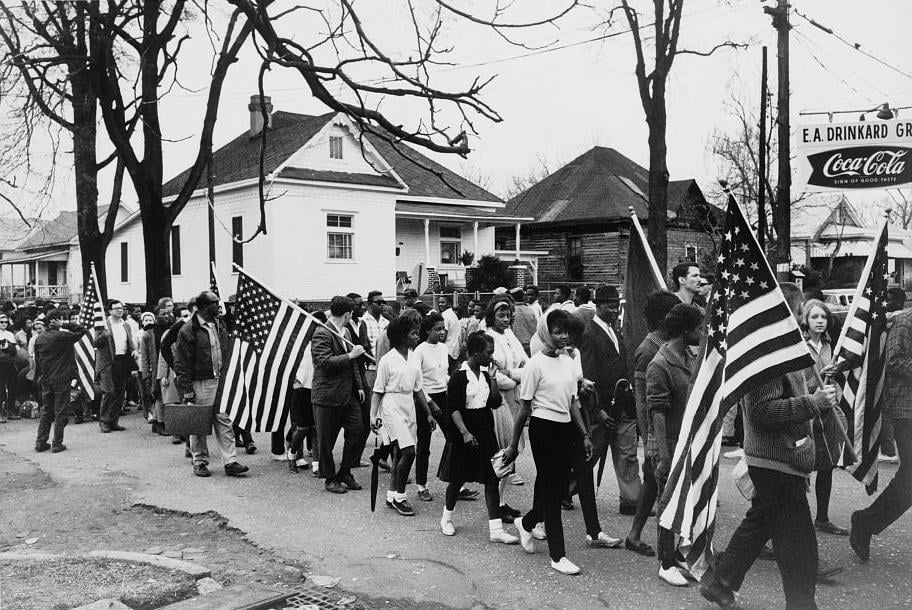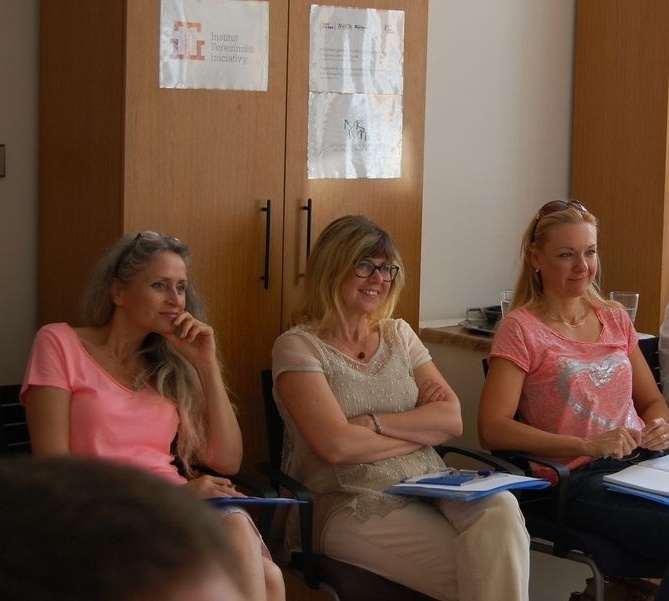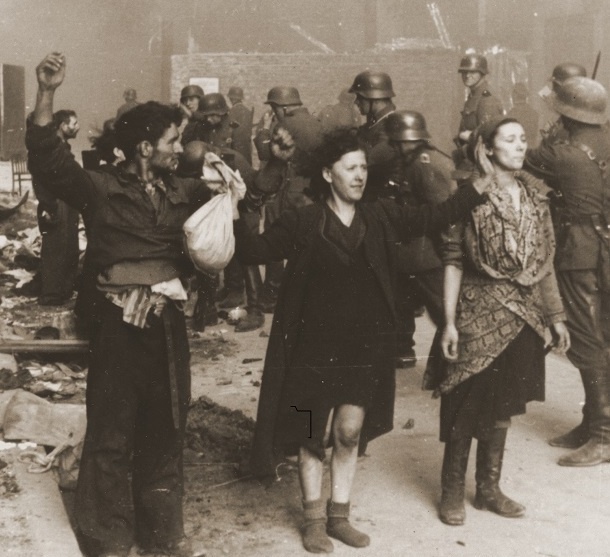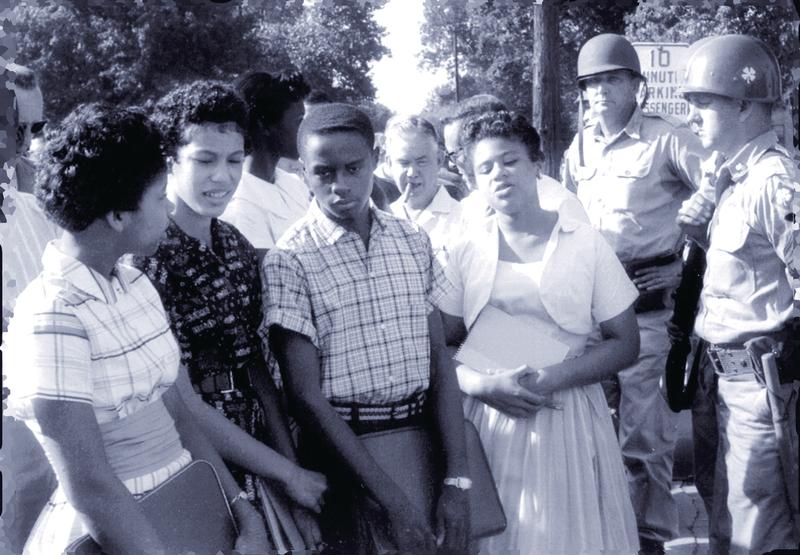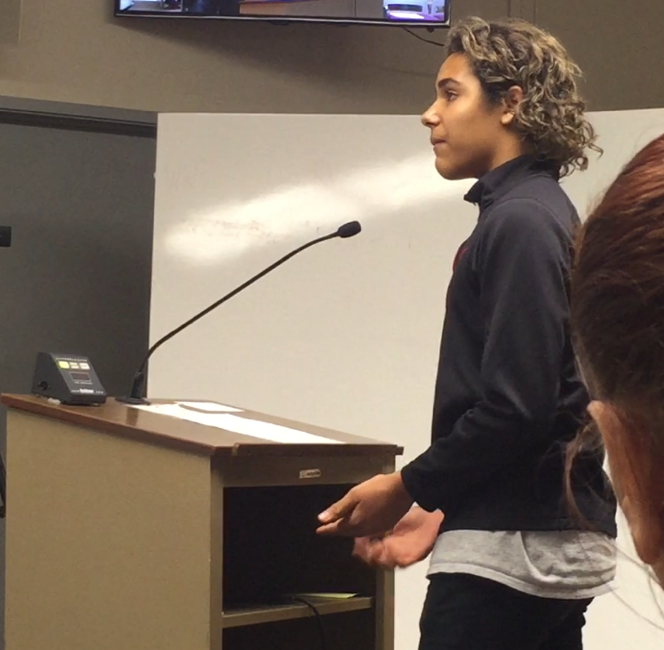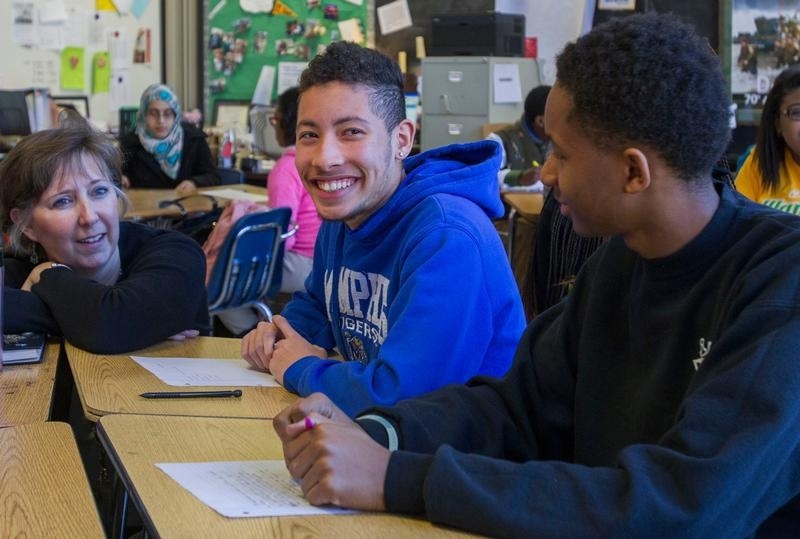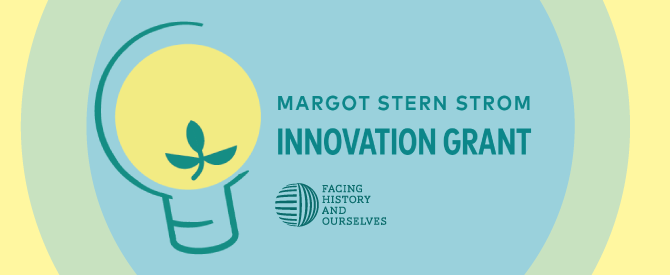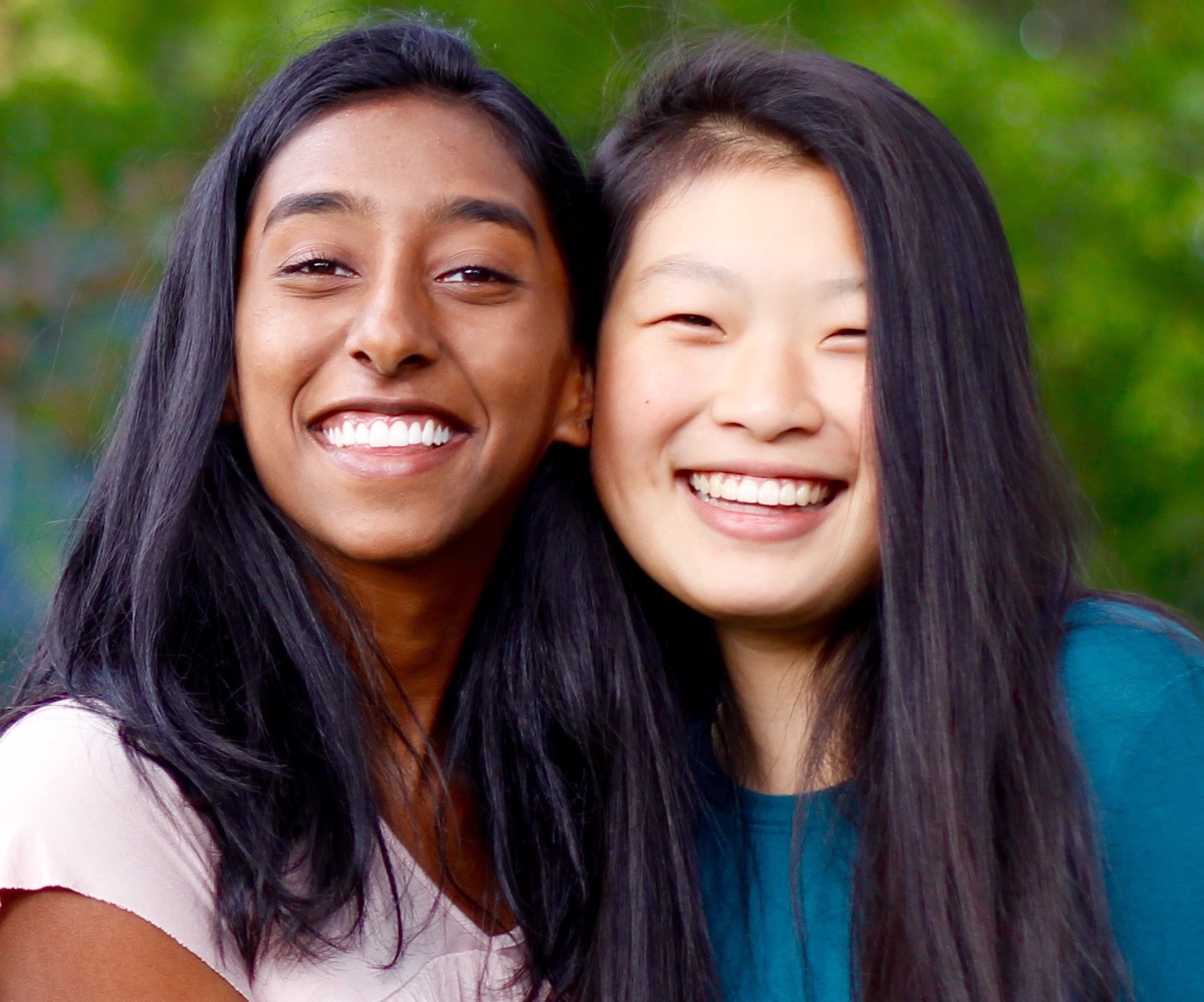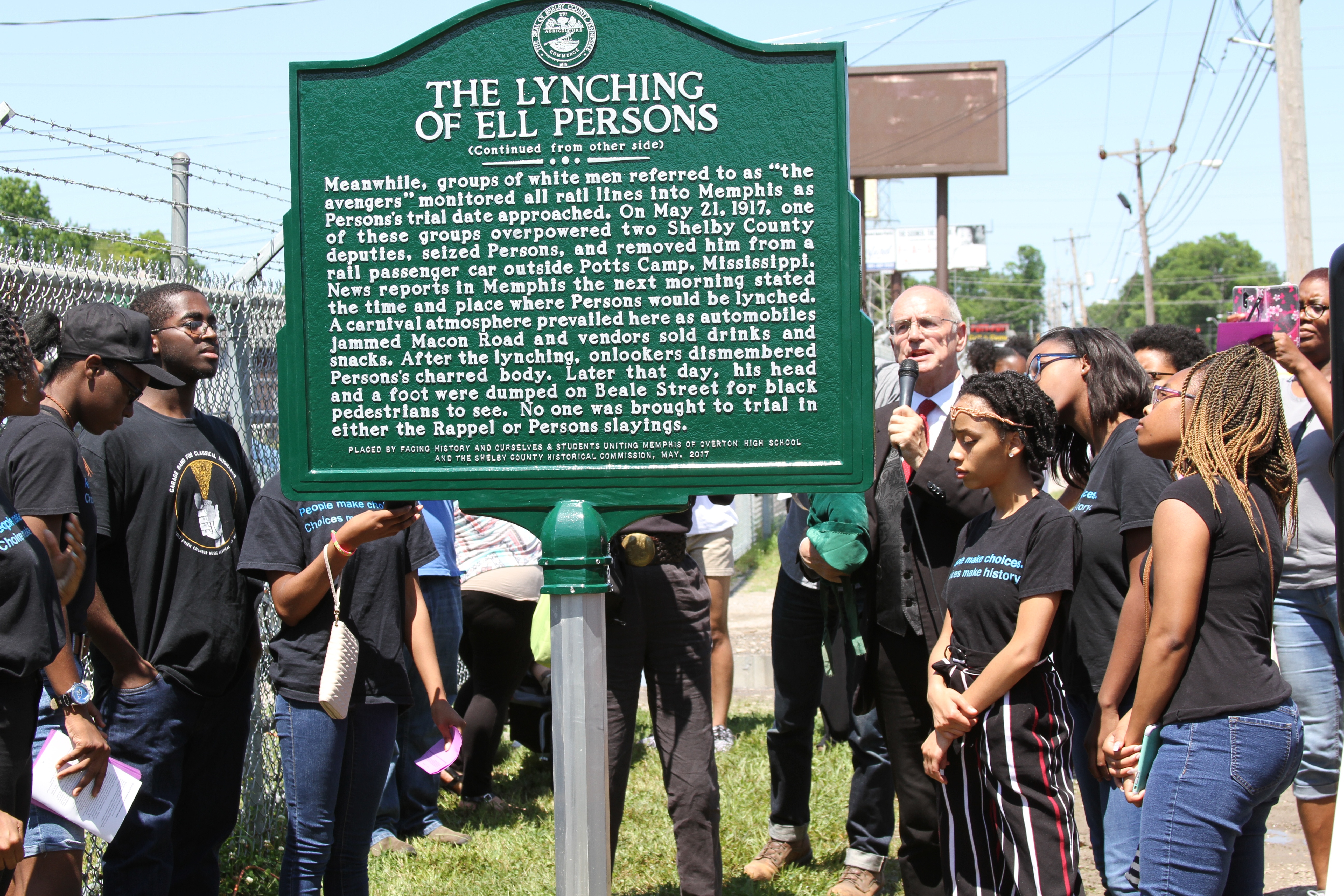Lynda Blackmon Lowery was the youngest person to participate in the historic three-day march from Selma to Montgomery, led by Dr. Martin Luther King, Jr. in March of 1965: she turned 15 on the second day of that march. To reflect on Dr. King's legacy, we sat down for a conversation with Blackmon Lowery. She recalls what it was like to participate in a pivotal moment of the Civil Rights Movement as a teenager and shares how young people today can make a difference in the face of the continuing struggle for social justice.
Please note this piece includes some offensive language. We have chosen to include it as it reflects the historical time period when these events took place and represents Blackmon Lowery’s experiences.

